Getting Strong: Self Defense For Women
In the early 1970’s Chicago’s Loop Center YWCA implemented a variety of anti-rape programs to combat societal beliefs and institutional practices that negatively impacted women. Self defense for women was one of these programs. In this video, comments by men, women and interviews with women self-defense instructors, Carol Whiteside, Sue Gould and Andra Medea, document prevailing attitudes about women’s ability to defend themselves from physical attack. The video shows techniques taught in the women’s self-defense classes at the Loop YWCA.

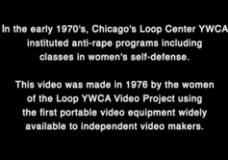
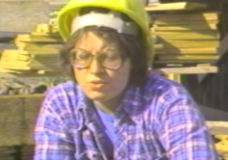
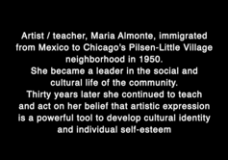
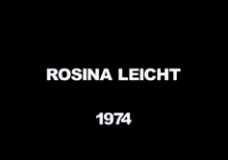
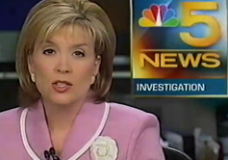
![[Elizabeth Brackett lecture]](https://development-q5nzhaa-ou7jifsrmm4uk.us.platform.sh/wp-content/uploads/2018/02/652275234_640-228x160.jpg)
